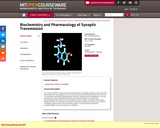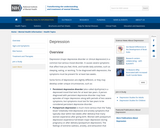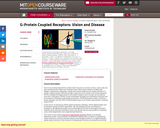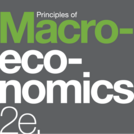This course will introduce the student to the history of Europe from 1800 to present day. The student will learn about the major political, economic, and social changes that took place in Europe during this period including Industrial Revolution, the First and Second World Wars, imperialism, and the Cold War. By the end of this course, the student will understand how nationalism, industrialization, and imperialism fueled the rise of European nation-states in the nineteenth century, as well as how world war and oppressive regimes devastated Europe during the 1900s. Upon successful completion of this course, students will be able to: Think critically and analytically about European history in the nineteenth and twentieth centuries; Identify and analyze the varying causes and effects of the Industrial Revolution in Europe; Identify, describe, and analyze the development of a coherent set of ideologies in post-Napoleonic Europe: liberalism, socialism, Marxism, nationalism, and Romanticism; Identify and describe the causes and effects of the era of reform and revolution in Europe in the 1820s and 1830s, as well as analyze the Revolutions of 1848; Describe and analyze the effects of urbanizationĺÎĺĚ_ĺÜexpanding cities, rising public health risks, redefined social classes, the evolving nature of the family, and new developments in science and thought; Identify the age of nationalism in Europe between 1850 and 1914. Students will analyze FranceĺÎĺĺÎĺs Second Empire, ItalyĺÎĺĺÎĺs unification, GermanyĺÎĺĺÎĺs unification, and the modernization of Russia. Students will also be able to define the emergence of the modern nation-state during this period; Identify the causes and characteristics of EuropeĺÎĺĺÎĺs ĺÎĺĺĺŤNew ImperialismĄ_ĺĺö of the late nineteenth century. Students will also be able to describe and analyze responses to this imperialism in Africa, India, the Middle East, and the Far East; Assess how and why World War I erupted in 1914. Students will also be able to identify and describe the characteristics and impact of the Great War; Identify and describe the Russian Revolution of 1917, including the fall of the Romanov dynasty and the Bolshevik Revolution; Identify and describe the cultural and social problems that characterized post-WWI Europe. Students will be able to analyze Modernism, ethnic and economic problems in central and eastern Europe, and the Great Depression; Identify and describe the rise of authoritarian regimes in Europe during the 1920s and 1930s. Students will be able to analyze Stalinism, Fascism, and Nazism; Identify and describe the causes and conflicts of World War II. Students will also be able to analyze, identify, and describe the Holocaust; Analyze and explain the Cold War. Students will also be able to analyze, identify, and describe the collapse of Communism and the Soviet Union, as well as the end of the Cold War; Identify and describe the post-WWII social transformations in Europe, including the rise of feminism, the rise of counterculture, and new developments in both science and technology; Analyze and interpret primary source documents from the nineteenth and twentieth centuries, using historical research methods. (History 202)



















